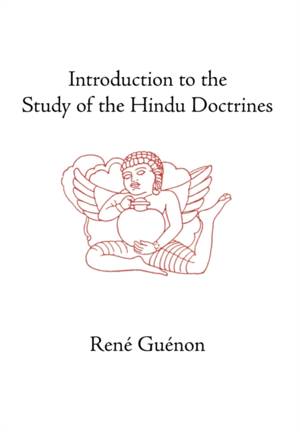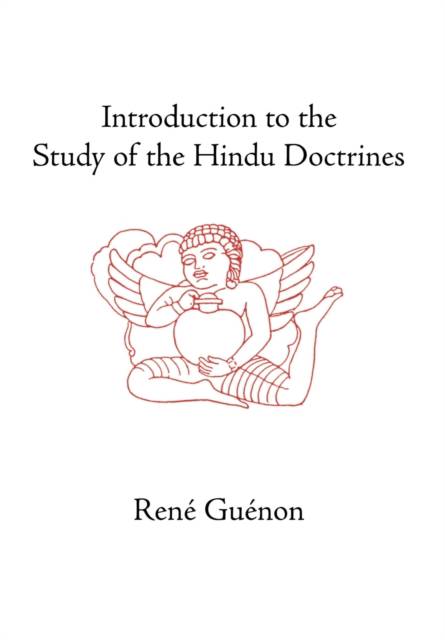
- Retrait gratuit dans votre magasin Club
- 7.000.000 titres dans notre catalogue
- Payer en toute sécurité
- Toujours un magasin près de chez vous
- Retrait gratuit dans votre magasin Club
- 7.000.0000 titres dans notre catalogue
- Payer en toute sécurité
- Toujours un magasin près de chez vous
Description
René Guénon's Introduction to the Study of Hindu Doctrines can serve as an introduction to all his later works-especially those which, like Man and His Becoming according to the Vedanta, The Symbolism of the Cross, The Multiple States of the Being, and Studies in Hinduism, expound the more profound aspects of metaphysical doctrines in greater detail. In Part I Guenon clears away certain ingrained prejudices inherited from the 'Renaissance', with its adulation of the Greco-Roman culture and its compensating depreciation-both deliberate and instinctive-of other civilizations. In Part II he establishes the fundamental distinctions between various modes of thought and brings out the real nature of metaphysical or universal knowledge-an understanding of which is the first condition for the personal realization of that 'Knowledge' which partakes of the Absolute. Words like 'religion', 'philosophy', 'symbolism', 'mysticism', and 'superstition', are here given a precise meaning. Part III presents a more detailed examination of the Hindu doctrine and its applications at different levels, leading up to the Vedanta, which constitutes its metaphysical essence. Lastly, Part IV resumes the task of clearing away current misconceptions, but is this time concerned not with the West itself, but with distortions of the Hindu doctrines that have arisen as a result of attempts to read into them, or to graft onto them, modern Western conceptions. The concluding chapter lays down the essential conditions for any genuine understanding between East and West, which can only come through the work of those who have attained, at least in some degree, to the realization of 'wisdom uncreate'-that intellective, suprarational knowledge called in the East jñana, and in the West gnosis.
Spécifications
Parties prenantes
- Auteur(s) :
- Traducteur(s):
- Editeur:
Contenu
- Nombre de pages :
- 276
- Langue:
- Anglais
- Collection :
Caractéristiques
- EAN:
- 9780900588747
- Date de parution :
- 23-05-04
- Format:
- Livre relié
- Format numérique:
- Genaaid
- Dimensions :
- 152 mm x 229 mm
- Poids :
- 557 g

Les avis
Nous publions uniquement les avis qui respectent les conditions requises. Consultez nos conditions pour les avis.






